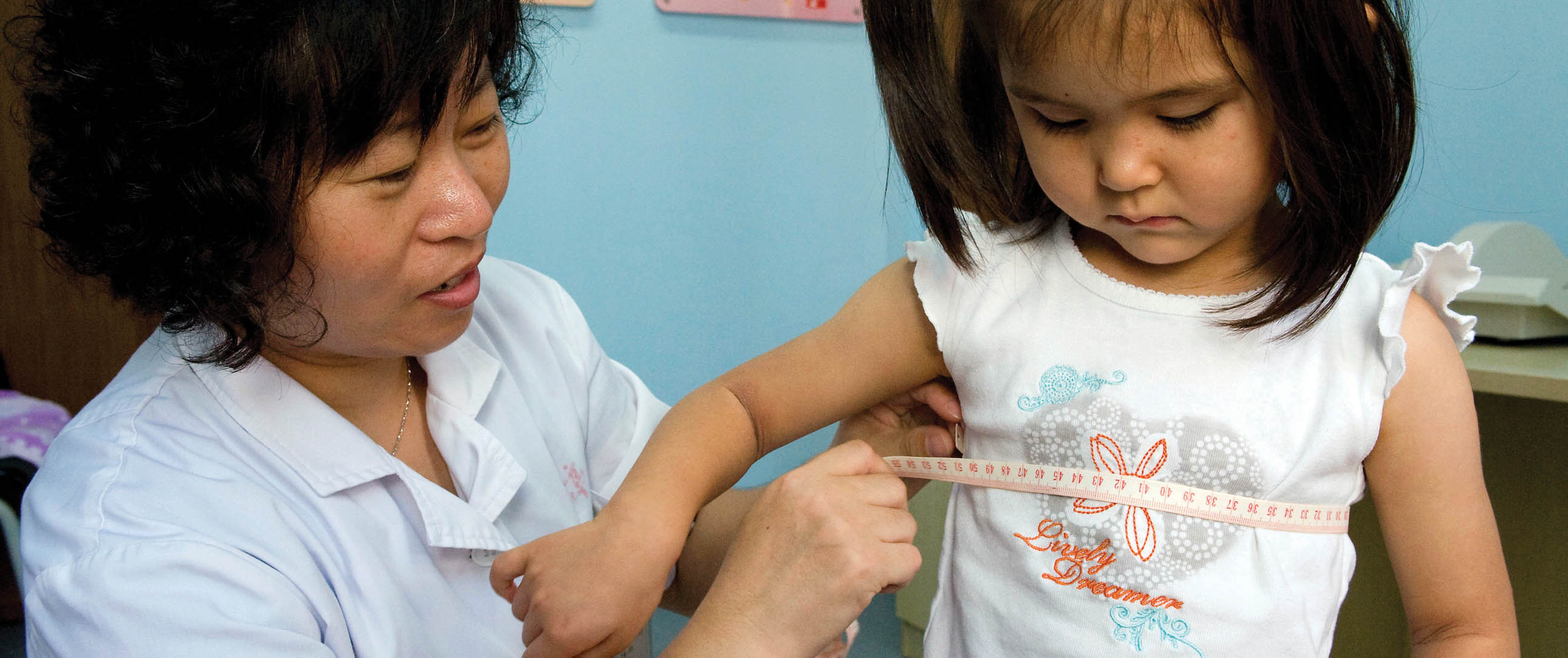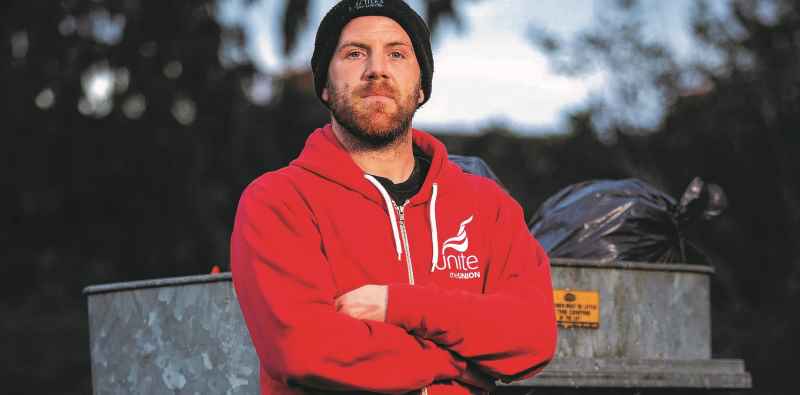Health visiting ‘in crisis’
MPs will shine a spotlight on the massive drop in health visitor numbers in a Westminster Hall debate on Wednesday (October 24).
The Community Practitioners’ and Health Visitors’ Association (CPHVA), part of Unite, has long sounded the alarm bells over the crisis in health visiting in England, which has seen numbers plummet by an astonishing 31 per cent since 2015.
Unite, which has 100,000 members in the health service, is now calling on the health minister replying to the debate to give detailed answers as to how the government is going to address the crisis – one that’s seen the number of health visitors drop from 10,309 in 2015 to just over 7,000 now.
â€Radical shift’ needed
Unite has identified the end of the Health Visitor Implementation Programme – which previously set targets for health visitor numbers and closed in 2015 – as a primary reason behind the decline in numbers
2015 was also the same year that responsibility for health visiting was transferred from the NHS to cash-strapped local authorities – a move that’s seen resources slashed and provision fractured.
Figures from last year show shocking geographical variation in health visiting services – in the North East the proportion of new born children receiving their 6-8 week review was 90 per cent, falling to just 57 per cent in London. Some individual local authorities fell below the 10 per cent mark.
Today’s Westminster Hall debate, which is due to begin at 4.30pm, comes just weeks after the publication of a new report from the Institute of Health Visiting, which called for urgent action to stem the decline in health visitor numbers.
“A radical shift in government policy is needed to provide sustainable funding for prevention and early intervention services for children in England,” the report read. “All government departments who accrue the benefits of an effective health visiting service should collectively commit to support immediate investment back into public health with pooled ring-fenced budgets for high quality health visiting services with protection into the future.”
The Institute of Health Visiting said health visitor numbers must be increased to at least 12,000 to keep in line with previous targets set before the Implementation Plan ended.
Written question
Last week (October 16), a written question to ministers asked what steps the government has taken to reverse the decline in health visitors.
In response, health minister Jo Churchill referenced the Interim NHS People Plan published earlier this year, in which, she said “there is clear commitment to work with partners to identify how to support growth in the community workforce including district nursing, general practice nursing, health visitors and school nursing”.
But the Local Government Association (LGA) belied this claim, noting, “whilst [the Plan] has sought to address the shortages in the wider nursing workforce, there has so far been no provision for specialist public health nurses, such as health visitors and school nurses.”
Unprecedented strikes
Today’s debate comes just as more than 70 Lincolnshire health visitors are being balloted for strike action over the county council’s insistence on having different contracts for grade 9 and grade 10 health visitors.
Their dispute is emblematic of the health visitor crisis now wreaking havoc across England — in response to years of frozen pay after being transferred from the NHS to Lincolnshire County Council, the health visitors have already taken an unprecedented 32 of days of strike action.
The strength of feeling over devastating pay freezes, alongside the Council’s insistence on creating a two-tier workforce, has led to many health visitors quitting – mirroring the national trend. Since July, eight health visitors in Lincolnshire have already left the service, with more planning to quit.
If the current ballot, which closes on Friday (October 25), is successful, new strikes could be on the cards from Friday, November 8.
Unite national officer for health Colenzo Jarrett-Thorpe welcomed what he called a “much-needed debate today by MPs on the serious crisis facing the health visiting profession in England”.
“The value of a Westminster Hall debate is that a member of the ministerial health and social care team has to reply to the legitimate concerns raised by MPs – and we would urge the designated minister to outline a blueprint for action as to how the government is going to tackle the steep 31 per cent decline in health visitor numbers since 2015,” he said.
“As demonstrated by the current Lincolnshire dispute, health visitors are not being valued by their county council bosses – this dismissive attitude needs to be immediately reversed.”
Unite lead professional officer for health visiting Obi Amadi agreed.
“Since the public health agenda was transferred to local government in recent years, our members have been faced with cutbacks in jobs and dwindling resources due to the harsh funding regime that local authorities have faced since the Tories took power in 2010,” she said.
“Health visitors are in the frontline of care and advice for families with young children – their expertise can prevent problems developing down the line and, in the long run, this is very cost-effective. Prevention is better than cure.
“Today’s debate is another opportunity to hammer home the message of the importance of health visitors – and, hopefully, beginning the journey to a renaissance in the profession.”
 Like
Like Follow
Follow


